Speak Up, Speak Irish!
No one can ever accuse the Irish of forsaking their past or not being intensely proud of their heritage and history. What better way to remember the Ireland of old than by using the native language to speak up and speak Irish? The earliest form of the language is found in 4th century inscriptions. The most modern is in schoolrooms and online tutorials worldwide. Is Irish a dying language? Not if today's Irish residents and hibernophiles have anything to say about it. Sadly there was a time in Irish history when the British were strong and many considered the Irish Gaelic language as backward. Thank goodness for the few who believed the language must not be replaced. Efforts to maintain the language were sporadic and not always effective until the 1960s when presidents and prime ministers began to use the language extensively at home and at work. In an effort to further the foundation of the language, the Official Languages Act was passed in 2003. At its root, it ensures that all official documents are published in both English and Irish and that neither language is disrespected. Today compulsory Irish is required in all publically-funded schools. The subject can be touchy for politicians as both sides feel strongly and the requirement is widely debated in Ireland. Some believe the forced focus has backfired, but slowly it seems the population is regarding the Irish language as both traditional and trendy. Young people now converse with each other in Irish Gaelic in a way that makes it seem cool and important. So what is the difference between Irish and Gaelic? Not much, it turns out. Gaelic can refer to either Irish or Scottish as both have Celtic roots. In general, Irish Gaelic or Scottish Gaelic is the specific way to delineate between the two, but the languages are close enough to be easily understood by anyone who speaks one or the other. So what's the real true difference? Accent, of course. Any Amadán could tell you that though they both bellow, "Slàinte!" at the bar, you can spot the difference between an Irishman and a Scot by the kilt and by the accent. Brothers they are, but do not mistake one for the other. Part 1 of 2
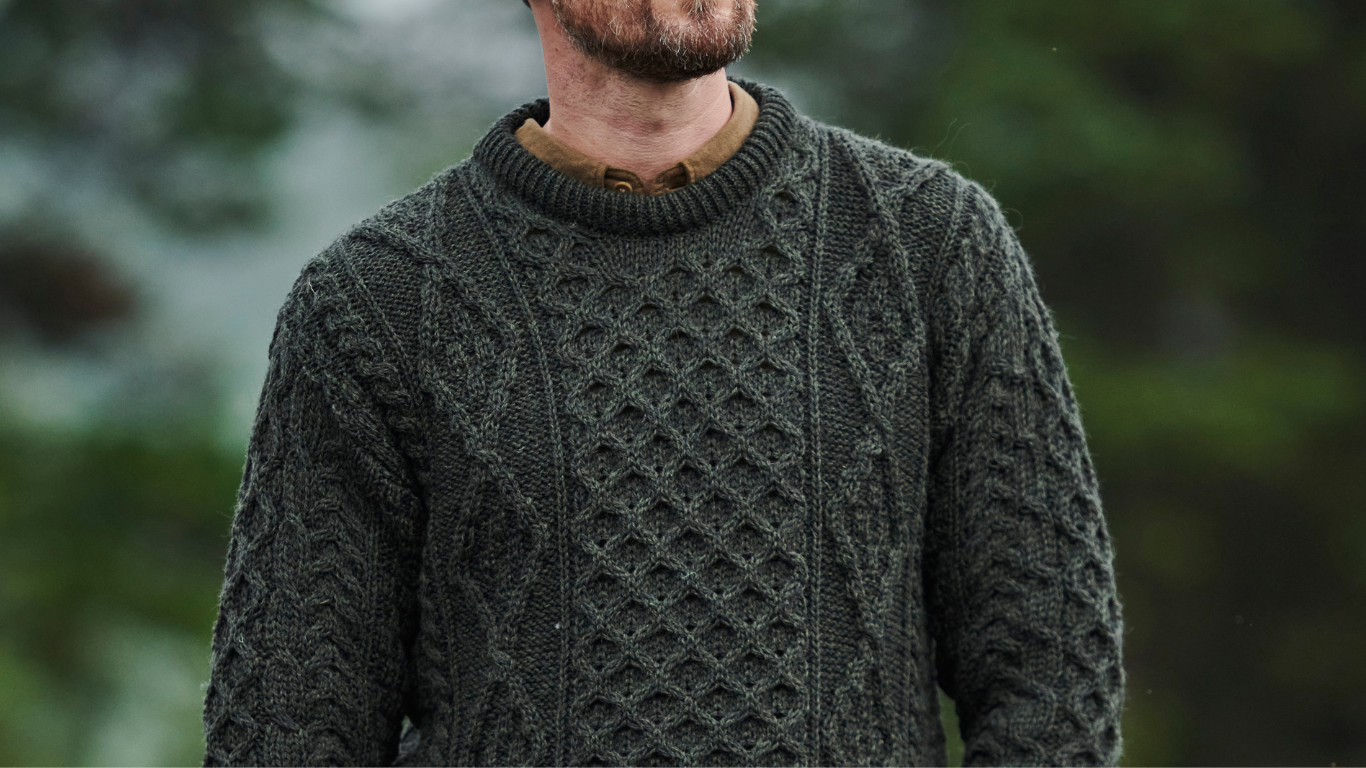
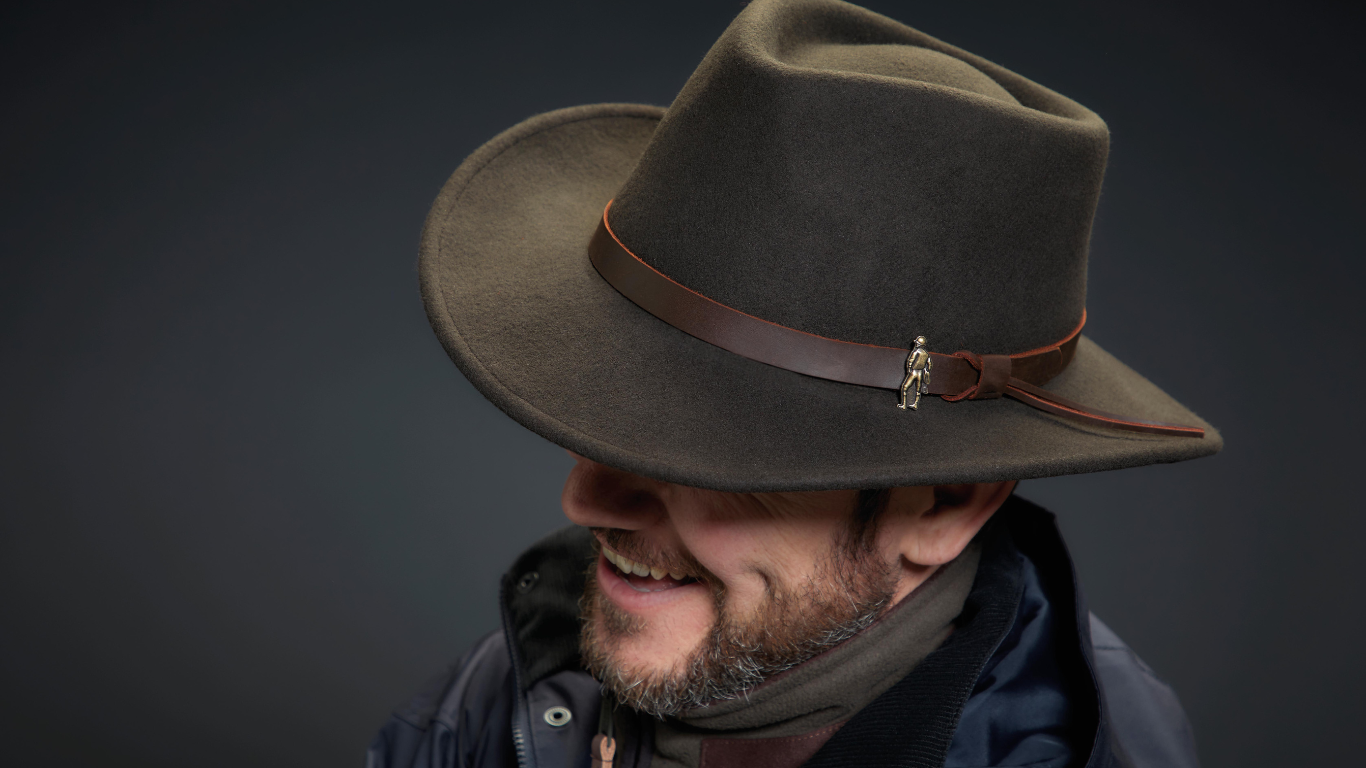
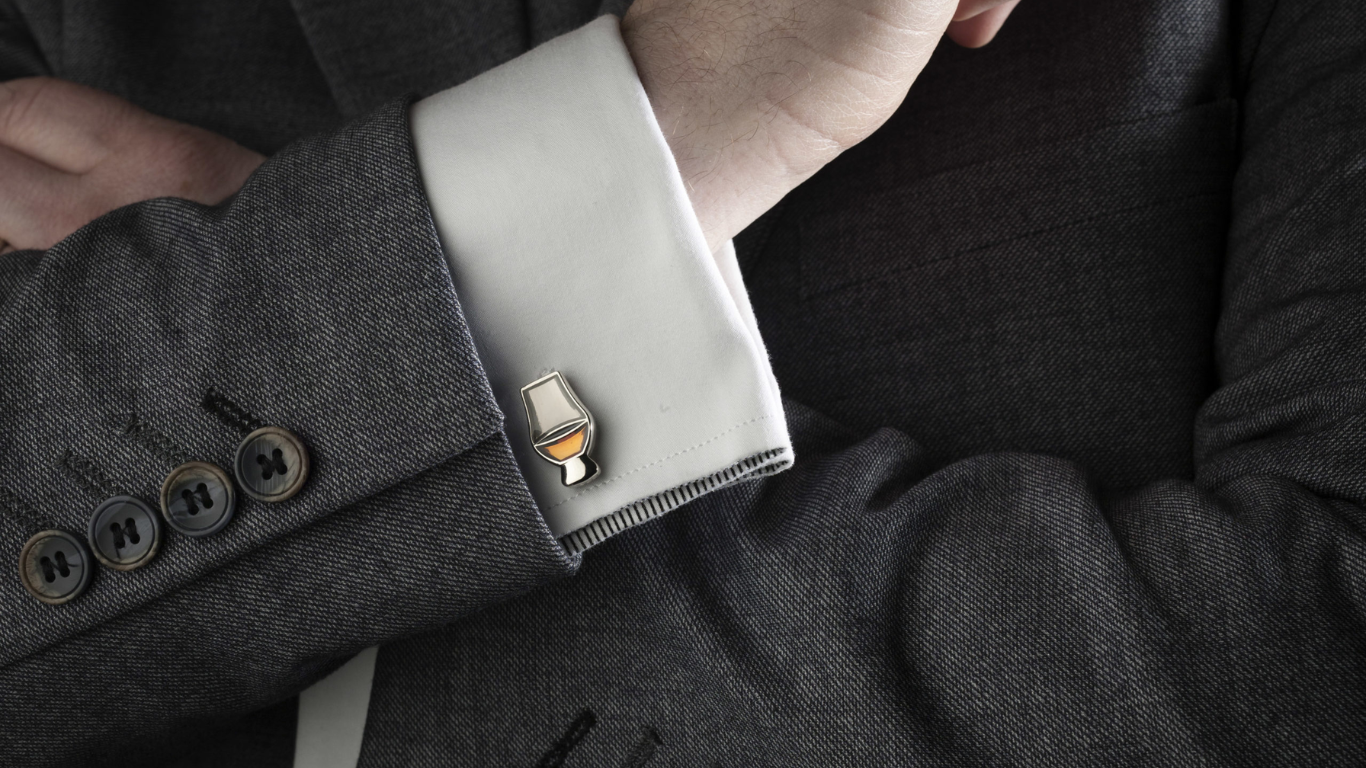

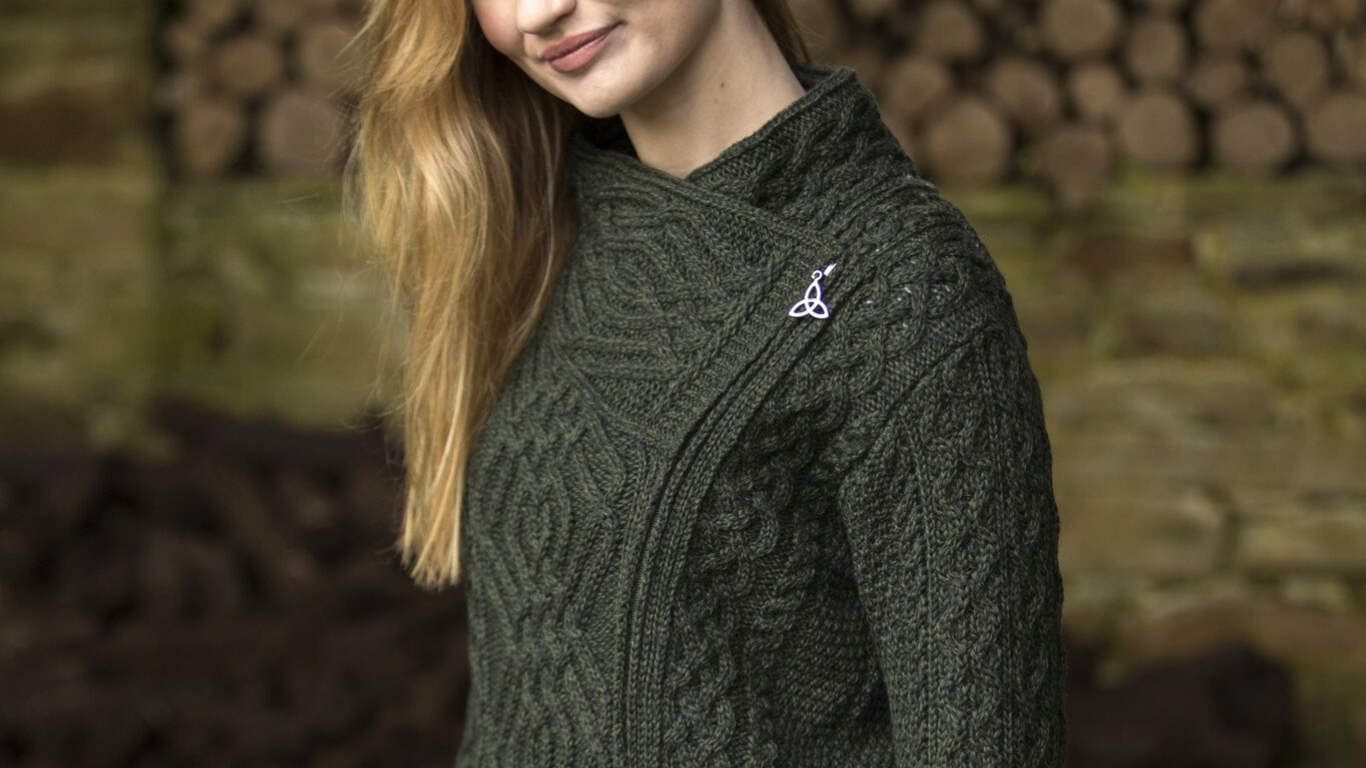



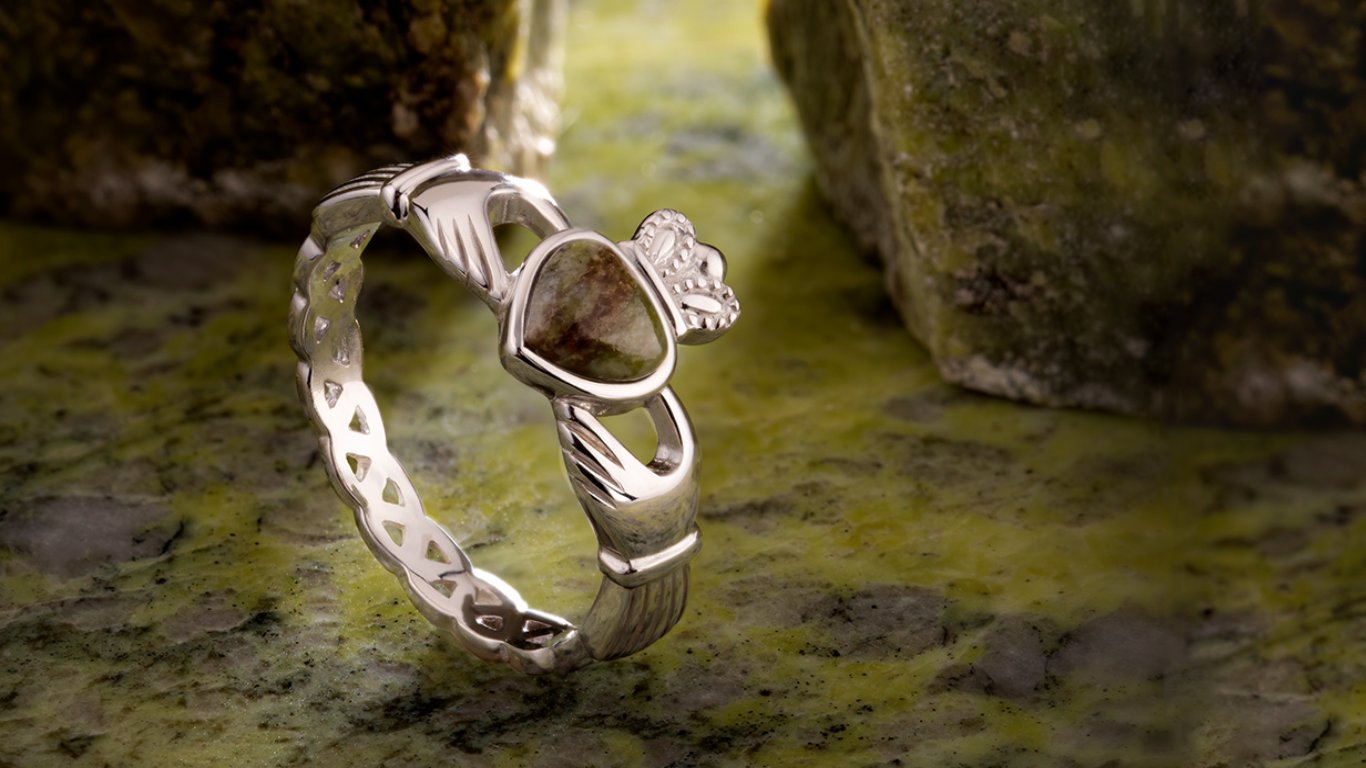
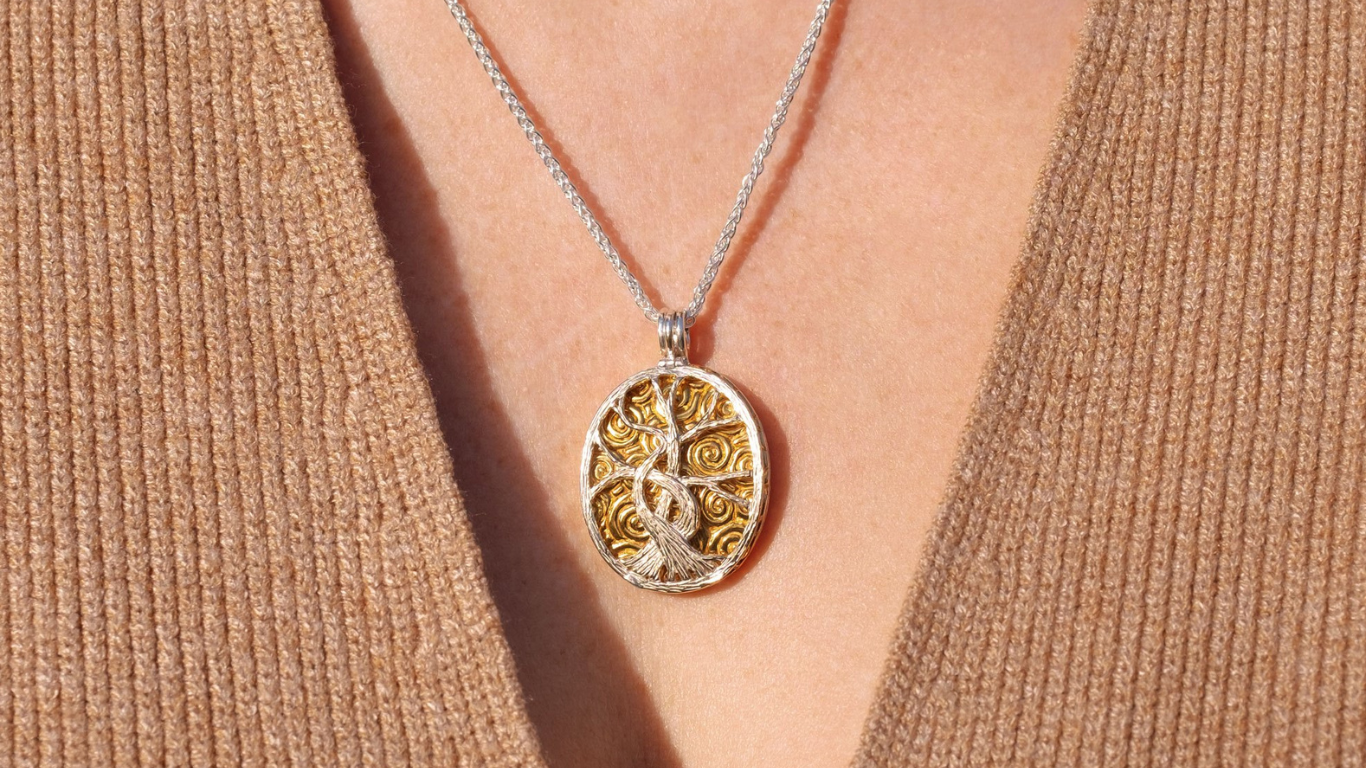
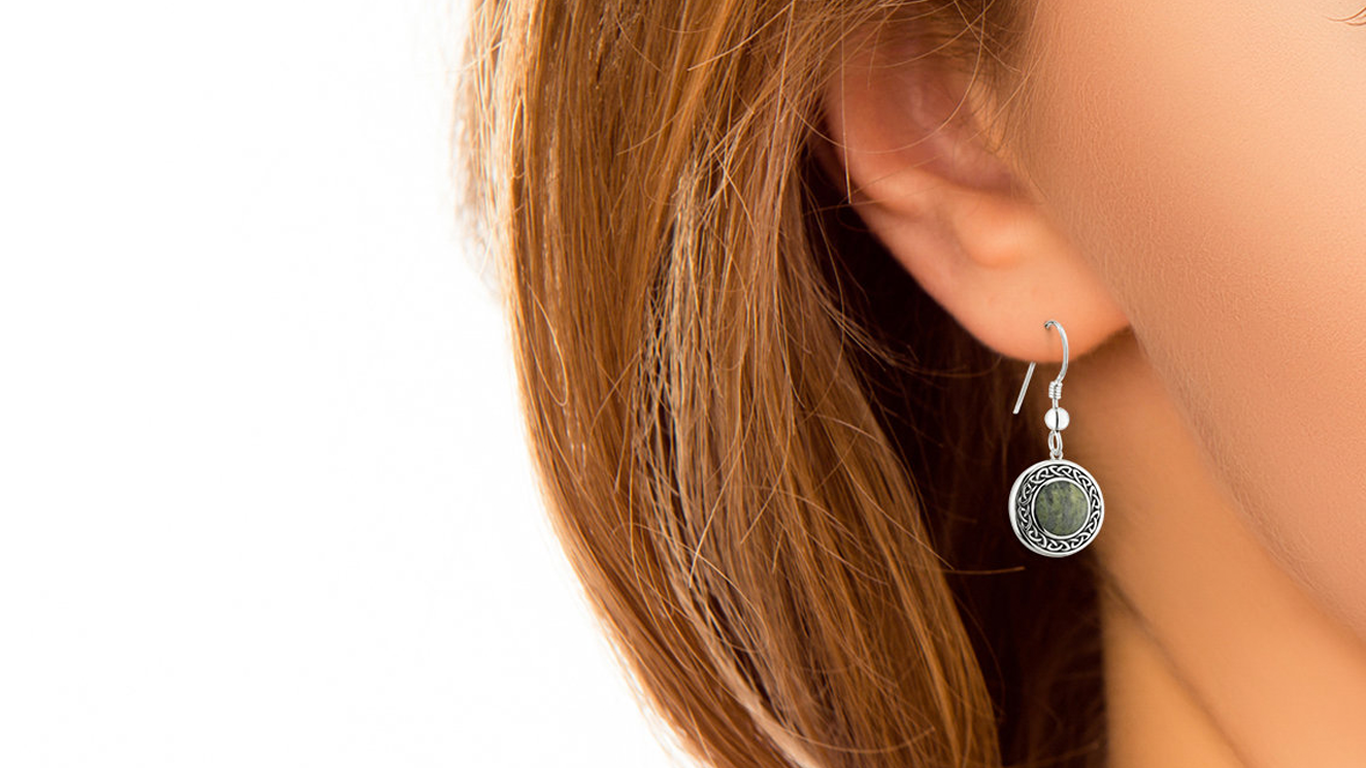
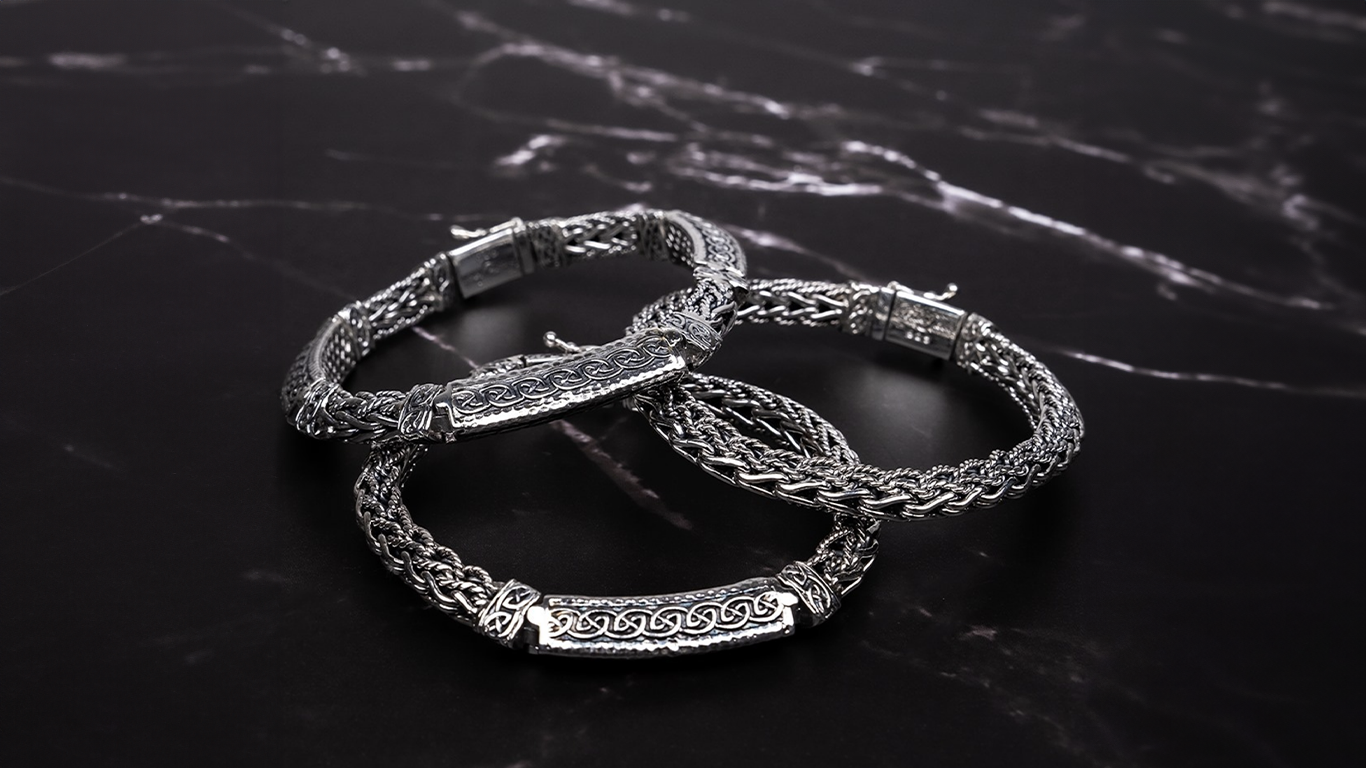

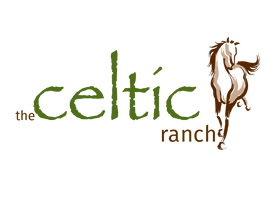




Leave a comment